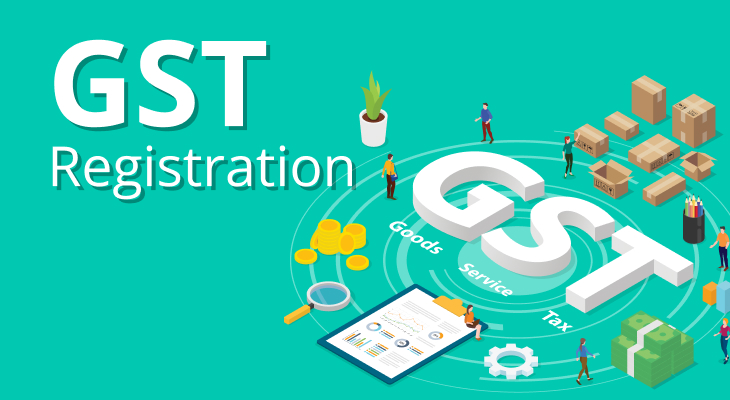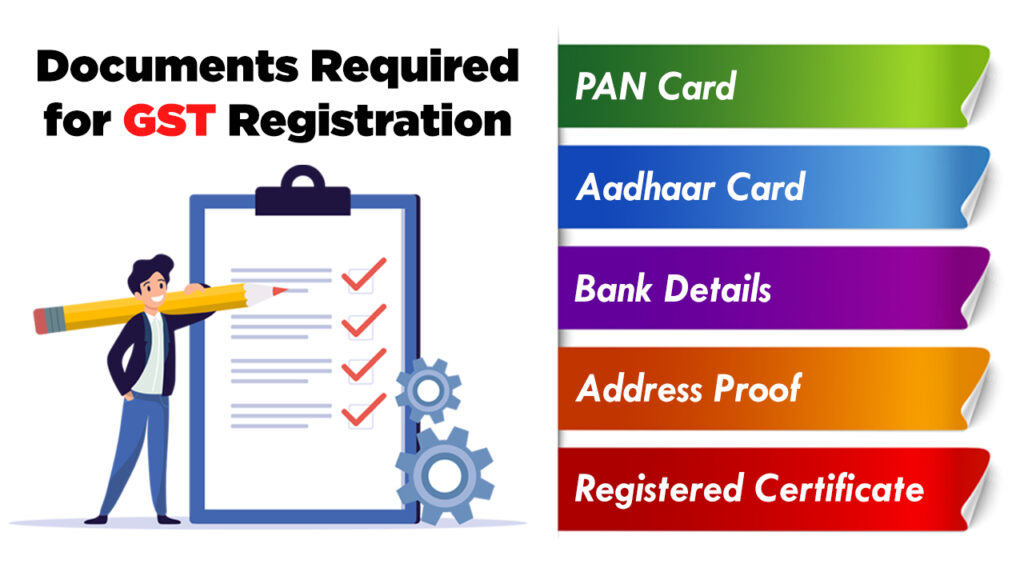How to Discover the most effective GST Registration Services in Singapore Quickly
From Begin to Complete: The Ultimate Roadmap to GST Registration for Services Looking For Financial Stability
Browsing the intricacies of Item and Solutions Tax Obligation (GST) enrollment is a critical step for organizations aiming for economic security. From comprehending the basic principles of GST to adhering to post-registration standards, the procedure can seem intimidating initially glance. Breaking down the roadmap right into convenient steps can enhance the enrollment journey for services looking to boost their financial standing. Allow's check out the important parts that make up this best roadmap and find exactly how each phase contributes to laying a strong structure for monetary success.
Recognizing GST Essentials
Exploring the fundamental principles of Product and Solutions Tax Obligation (GST) is essential for gaining a detailed understanding of its ramifications on services and the economic climate. GST is a value-added tax levied on the majority of items and services for domestic intake. It has actually replaced multiple indirect tax obligations that existed in the pre-GST age, improving the tax framework and boosting convenience of doing service in India. Under the GST system, both products and services are exhausted at a particular rate, which is identified based upon their category. Organizations are required to sign up for GST if their yearly turnover surpasses the threshold limitation set by the government. Input Tax Obligation Credit (ITC) is a substantial attribute of GST, enabling businesses to claim credit history for taxes paid on inputs, decreasing the general tax burden. Understanding the essentials of GST is crucial for services to adhere to tax obligation laws, manage their financial resources efficiently, and add to the nation's economic growth by joining a transparent tax system.
Eligibility Standards for Registration
As of the current guidelines, the threshold limitation for GST enrollment is a yearly aggregate turnover of 40 lakhs for businesses operating within a state, except for special category states where the restriction is 20 lakhs. Additionally, particular organizations are called for to sign up for GST irrespective of their turn over, such as interstate providers, informal taxable individuals, and organizations responsible to pay tax under the reverse cost mechanism. It is crucial for companies to completely evaluate their turn over and transaction types to identify their GST registration commitments precisely.
Records Needed for Registration
Having actually fulfilled the eligibility standards for GST registration, companies need to now guarantee they have the requisite records in place to proceed with the registration process efficiently. The files required for GST registration normally consist of evidence of organization constitution, such as collaboration act, enrollment certification, or consolidation certification for different kinds of organizations. Additionally, companies require to provide documents establishing the principal view it area of service, such as a rental arrangement or electrical energy costs. Frying pan card of the organization, as well as the identification and address proof of promoters/partners/directors, are crucial for confirmation purposes. Checking account declarations, together with canceled cheques or a copy of the bank passbook, are needed to validate the monetary information supplied during enrollment. Moreover, organizations have to have digital trademarks all set for the authorized signatory. Ensuring all these records are arranged and readily available will expedite the GST registration process, allowing companies to follow tax obligation regulations perfectly.
Step-by-Step Enrollment Process
Commencing the GST enrollment procedure includes a collection of structured steps to ensure a smooth and certified registration for organizations. The very first step is to see the GST portal and complete the enrollment form with precise information of business entity. Following this, the applicant obtains a Momentary Referral Number (TRN) which is used to return to the application process if it's not finished in one go.
Next, all needed records according to the checklist given by the GST portal requirement to be uploaded. These papers normally include proof of company address, identification and enrollment evidence of marketers, financial statements, and service entity's frying pan card.

Post-Registration Conformity Guidelines

Final Thought
To conclude, services seeking economic security should recognize the essentials of GST, satisfy eligibility standards, gather necessary documents, adhere to the detailed enrollment process, and abide by post-registration guidelines - Best GST registration services in Singapore. By adhering to these steps, services can ensure conformity with tax policies and preserve monetary stability over time
In addition, specific services are needed to register for GST regardless of their turnover, such as interstate distributors, informal taxed persons, and organizations responsible to helpful resources pay tax under the reverse cost device.Having actually met the qualification requirements for GST enrollment, businesses must currently ensure they have the requisite records in location to proceed with the enrollment process successfully. The files needed for GST registration commonly include evidence of company constitution, such as collaboration action, registration certification, or incorporation certification for different kinds of services. Additionally, organizations need to supply documents developing the major place of service, such as a rental agreement or power bill.Commencing the GST enrollment procedure involves a collection of organized actions to guarantee a smooth and certified enrollment for companies.